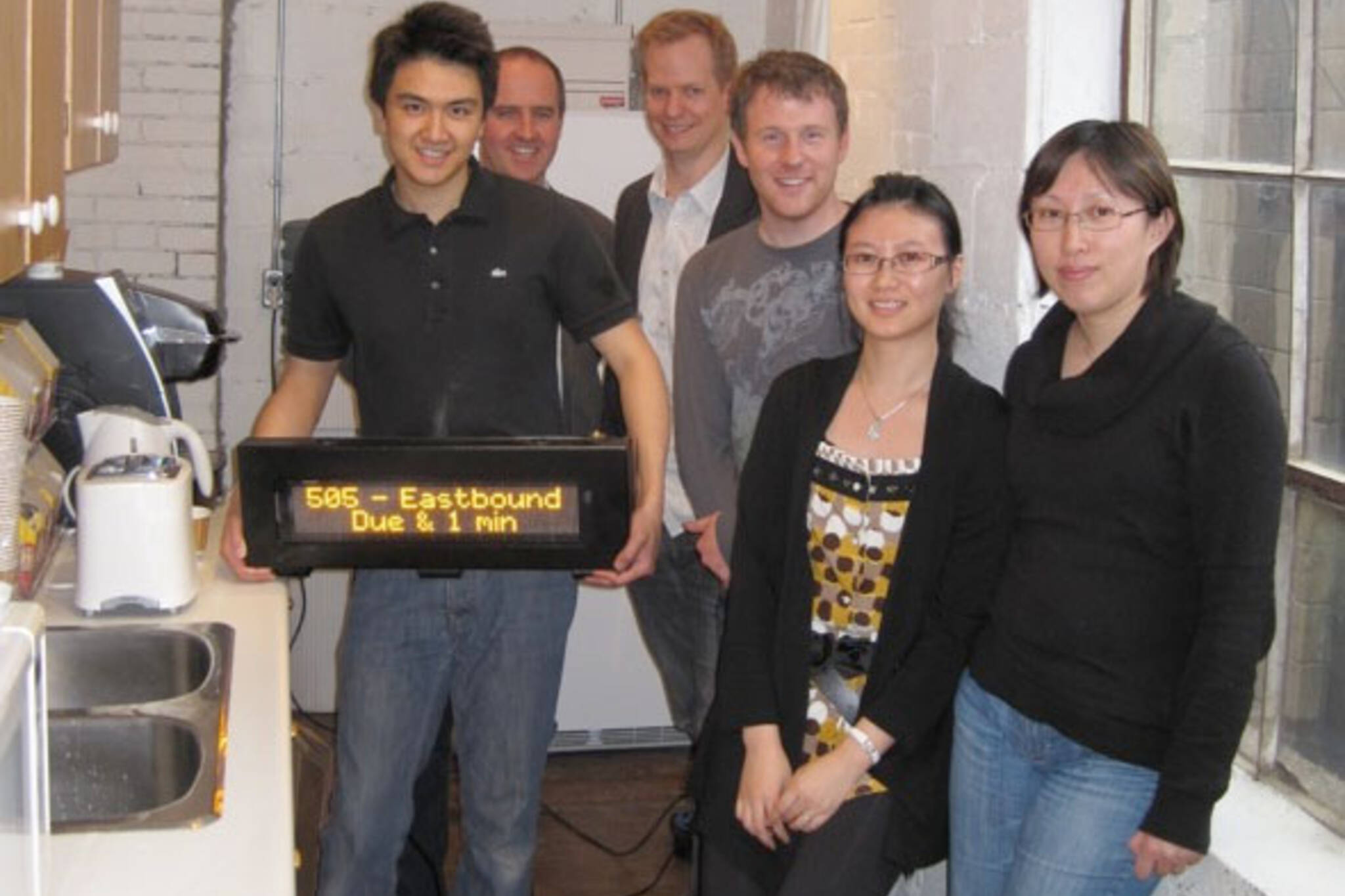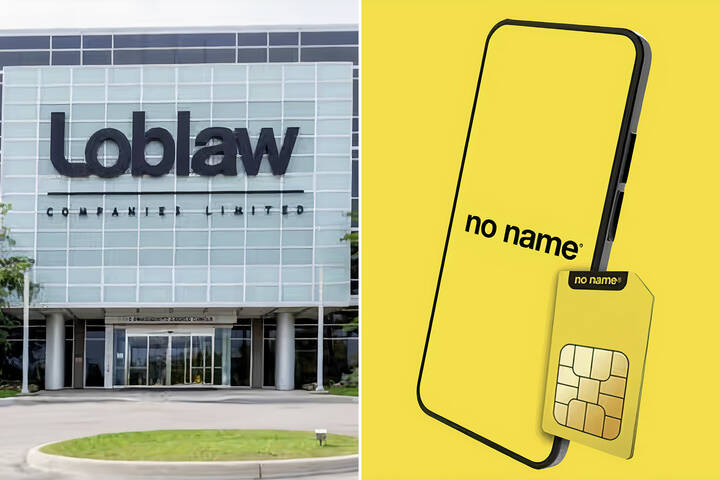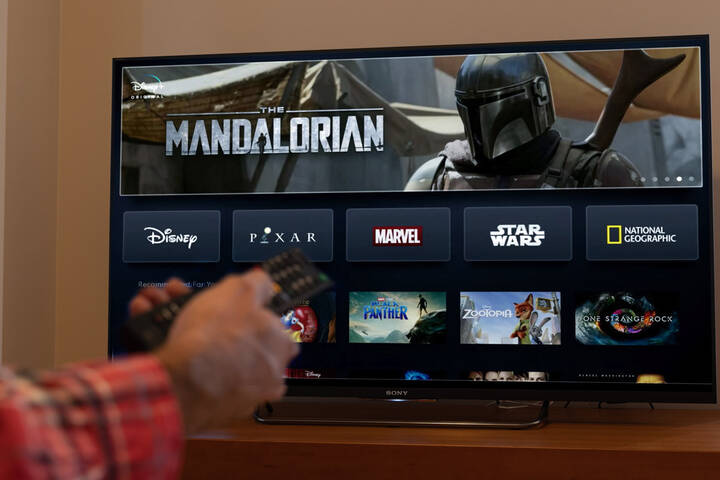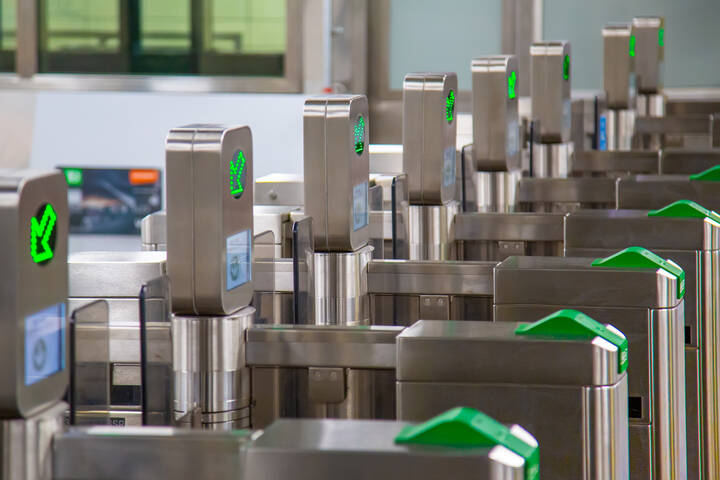
Streetcar GPS technology is a homebred success story
It's no secret that Torontonians have strong opinions about anything and everything to do with the TTC (just look at the popularity of the I Slept with Adam Giambrone buttons earlier this year). So when the TTC debuted their GPS streetcar tracking program in beta last March, the opinions weren't lacking. For once, the negativity was. Streetcar riders mostly had praise for the service ("The timing on the 505 this morning was flawless") and the TTC's adoption of technology ("I'm really glad to see the TTC moving forward leveraging technology to better serve their customer base").
What many in the city don't know is that Grey Island Systems, a Toronto-based company, is behind the technology powering the TTC's Next Vehicle Arrival System (NVAC) program - and Toronto is just one of many cities on their long list of clients. As the TTC prepares to include more streetcar routes and more buses in the project, we take a look at how a local company got involved with local transit.
Brian Boychuk is the co-founder of Grey Island Systems, a company he named after a Georgian Bay hideaway where he and his two brothers-in-law decided to start a wireless tracking company. In 1998 the company launched their product, Interfleet (an online vehicle location and dispatching solution), and began by wirelessly tracking ambulances in Saskatoon. The company grew slowly, and in 2005 Grey Island acquired San Francisco company NextBus.
NextBus combines GPS data with predictive software to give transit passengers an arrival time for the next vehicle. It combines GPS satellite technology with GPS receivers mounted on vehicles to find the vehicle's location and intended next stop. This data is then communicated to a central information centre, and software allows the calculation of an estimated time of arrival for the vehicle. This information is then displayed on electronic signs at transit stops, online, and it's also pushed to riders' mobile devices (via SMS or the mobile site).
Guelph was the new team's first Canadian client, and they started working with the TTC two years ago after winning the contracts in 2006. The company, who has their office in King West, now has 55 employees in Toronto and offices in NYC and California - although the NextBus team is located mostly in San Francisco, the team in Toronto works on the TTC project on a daily basis.
Boychuk agrees that working with the TTC means dealing with community feedback, whether positive or negative. But he says that the TTC shouldn't be worried about launching projects in beta. "They've got nothing to lose by rolling it out," he says. "Even if it's imperfect, it's better than nothing." He says beta projects engage the community in a dialogue, which is invaluable in shaping the project's future.
What about the $10 million project price tag that has some Torontonians raising their eyebrows? Boychuck says that the $10 million is a projected cost after completion - he says it will take them another 5 or 6 years to get there.
And what happened last year when the TTC posted several routes equipped with NVAS technology, and then reduced them to only two? Boychuk says if you know where to look you can find the exposed feed, and some U of T students did just that. The TTC quickly caught wind of it and left two routes up (509 Harbourfront and 510 Spadina, the only two there today) to throw the public a bone. The company also works with the MBTA in Boston, and there they've handed the feed to the public to develop on it. Will we have that in Toronto anytime soon? It's up to the TTC - but Boychuk says "the more the information is democratized, the better."
Soon riders will have a chance to test out NextBus technology at more stops - the TTC will be rolling out more streetcar routes in the next couple months, and buses as they're installed on each vehicle. And with 450 million passengers annually on the TTC, Brian is expecting his homegrown team to get a lot more feedback. But he's not worried - he's tested the system himself and is confident in their technology: "It's like eating your own dog food."
Latest Videos
Latest Videos
Join the conversation Load comments







